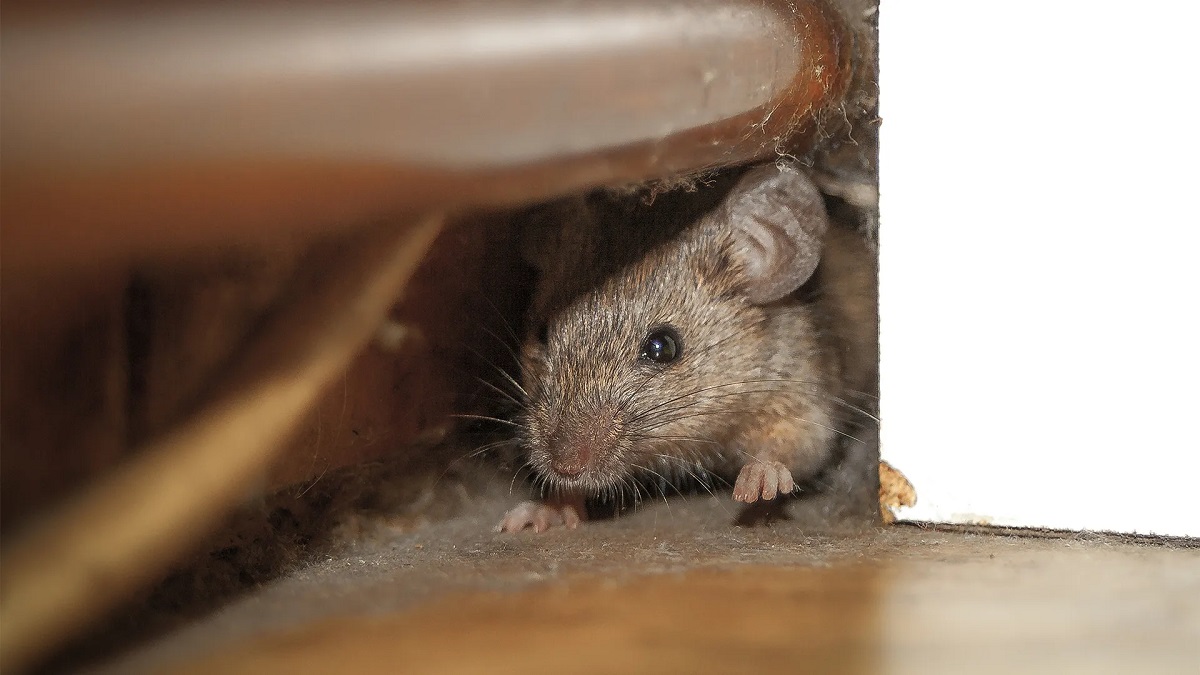

Articles
How Do Mice Get Into Basement
Modified: August 19, 2024
Learn how mice get into basements and how to prevent them. Read our informative articles on basement mouse infestations and find effective solutions.
(Many of the links in this article redirect to a specific reviewed product. Your purchase of these products through affiliate links helps to generate commission for Storables.com, at no extra cost. Learn more)
Introduction
Understanding the problem of mice infestation in basements and the importance of addressing it promptly
Mice infestation is a common problem that many homeowners face, and basements are often one of the most vulnerable areas. These small rodents can cause a range of issues, from property damage to health risks. Therefore, it is crucial to tackle the problem as soon as possible to prevent further complications.
When mice find their way into a basement, they can quickly establish a nest and breed rapidly, leading to a full-blown infestation. They are attracted to basements due to the abundance of shelter, warmth, and access to food sources like stored items and crumbs. Furthermore, mice can squeeze through tiny openings, making it easy for them to enter basements unnoticed.
Addressing the issue of mice infestation in basements is of utmost importance for several reasons. Firstly, mice are notorious for causing property damage. They have strong teeth that continuously grow, leading them to gnaw on furniture, walls, and even electrical wires. This can result in costly repairs and pose a fire hazard to the entire property.
Moreover, mice carry various diseases and parasites that can be harmful to human health. They can contaminate surfaces with their droppings and urine, leading to the spread of illnesses such as salmonella and hantavirus. Additionally, the allergens present in mouse droppings can trigger respiratory problems, especially in individuals with allergies or asthma.
By addressing the issue promptly, homeowners can prevent these risks and protect their property from further damage. Taking immediate action helps to eliminate existing mice and prevent them from reproducing and expanding their population. It also minimizes the chances of mice spreading to other areas of the house.
In the following sections, we will explore common entry points for mice in basements, signs of a mice infestation, prevention measures, effective removal methods, and the importance of cleaning and sanitizing the basement.
Key Takeaways:
- Promptly addressing mice infestations in basements is crucial to prevent property damage and health risks. Regular maintenance, immediate action, and effective removal methods are essential for safeguarding your home.
- Implementing preventive measures, such as sealing entry points and practicing proper sanitation, is key to keeping basements free from mice infestations. By creating an unfavorable environment for mice, you can discourage their return.
Read more: How To Get Rid Of Mice In Basement
Common Entry Points for Mice in Basements
Understanding the various entry points that mice use to infiltrate basements is essential for effective prevention and control. Here are some common entry points:
- Cracks and gaps in the foundation: Mice can squeeze through incredibly small openings, so it’s crucial to seal any cracks or gaps in the foundation. Even the tiniest of openings can serve as an entryway for these pests.
- Utility lines and pipes: Mice can exploit openings around utility lines and pipes to gain access to the basement. Inspect the areas where these lines enter the house and seal any gaps or holes that you find.
- Windows and doors: Poorly sealed windows and doors provide an easy entry point for mice. Ensure that all windows and doors in the basement have properly fitting screens and weatherstripping to deter mice from entering.
- Vents and crawl spaces: Vents and crawl spaces can also serve as points of entry for mice. Install fine mesh screens over vents to prevent mice from entering. Additionally, inspect crawl spaces regularly and seal any gaps or openings.
Identifying and closing these entry points is crucial for preventing mice from infesting your basement. By taking proactive measures to eliminate these vulnerabilities, you can significantly reduce the chances of mice finding their way into your home.
Signs of Mice in the Basement
Recognizing the signs of a mice infestation in your basement is important for early detection and prompt action. Here are some common signs to watch out for:
- Chewed wires and cables: Mice have a strong compulsion to gnaw on objects to wear down their continuously growing teeth. If you notice chewed wires or cables in your basement, it is likely a sign of mice activity.
- Droppings and urine stains: Mice leave behind small, dark droppings that resemble grains of rice. These droppings are usually found near food sources or along their regular pathways. In addition to droppings, you may also notice urine stains, which can appear as dark spots or streaks.
- Nests and shredded materials: Mice construct nests using various materials like paper, fabric, and insulation. If you come across shredded materials or discover a nest in your basement, it is a clear indication of mice presence.
- Gnaw marks on furniture and walls: Mice have a habit of gnawing on objects to maintain their teeth and gain access to food. Look for gnaw marks on furniture, walls, or other surfaces in your basement. Fresh gnaw marks will have a lighter color, while older ones may appear darker.
It is important to take these signs seriously and not ignore them, as they indicate an active infestation. Mice reproduce rapidly and can quickly multiply if left unchecked, making it even more challenging to eliminate them.
If you notice any of these signs in your basement, it is recommended to take immediate action to prevent further infestation and damage. Implementing preventive measures and seeking professional help can help you effectively remove the mice from your basement and minimize the risks they pose.
Prevention Measures
Implementing preventive measures is crucial in keeping mice out of your basement. Here are some effective strategies to prevent mice from entering:
- Sealing foundation cracks and gaps: Inspect your basement for any cracks or gaps in the foundation, as mice can easily squeeze through tiny openings. Seal these openings using caulk or expandable foam to prevent mice from entering.
- Installing door sweeps and window screens: Ensure that your basement doors are equipped with door sweeps, as they create a barrier that prevents mice from crawling underneath. Additionally, install window screens to block any potential entry points through windows. Make sure that the screens fit tightly and have no gaps or tears.
- Proper ventilation and sealing of vents: Mice can enter through vents, so install fine mesh screens over vent openings to keep them out. Additionally, ensure that all vents and crawl spaces are properly sealed, as they can serve as entry points for mice.
- Regular maintenance and inspection: Regularly inspect your basement for any signs of potential entry points or mice infestation. Look for any gaps or holes, and promptly seal them. Keep the basement clean and organized to eliminate hiding places and food sources that attract mice.
By implementing these preventive measures, you can significantly reduce the likelihood of mice entering your basement. Remember, prevention is key in avoiding the hassle and potential dangers associated with mice infestations.
Seal all cracks and openings in the foundation and walls with steel wool and caulk to prevent mice from entering the basement. Keep the area clean and free of food sources to deter them.
Effective Removal Methods
When dealing with a mice infestation in your basement, it’s important to employ effective removal methods to eliminate these pests. Here are some commonly used methods:
- Traps and bait stations: Traps are a traditional and effective way to capture and kill mice. There are various types of traps available, such as snap traps, glue traps, and live traps. Bait stations, on the other hand, provide a controlled and secure environment for mice to consume poison bait. Both traps and bait stations should be strategically placed in areas where mice are frequently seen or along their regular pathways.
- Ultrasonic repellents: Ultrasonic repellents emit high-frequency sound waves that are unpleasant to mice, causing them to avoid the area. These devices can be plugged into electrical outlets in your basement and are believed to be effective in deterring mice. However, it’s important to note that the effectiveness of ultrasonic repellents may vary, and they may not work in all cases.
- Calling professional exterminators: If the infestation is severe or if you’re unable to effectively remove mice from your basement on your own, it’s advisable to seek professional help. Pest control professionals have the knowledge, experience, and resources to handle mice infestations effectively. They can assess the situation, implement appropriate treatment methods, and provide long-term solutions to prevent future infestations.
- Natural remedies and deterrents: There are several natural remedies and deterrents that may help in repelling mice from your basement. These include using strong-smelling substances like peppermint oil or mothballs, placing garlic or onion cloves near entry points, or using natural deterrents like predator urine or botanical repellents. While these methods may have some effect, they are generally best used as supplementary measures alongside other removal methods.
When choosing a removal method, it’s important to consider the severity of the infestation, your personal preferences, and the safety of your household members. It’s also essential to follow any instructions provided by manufacturers or professionals for safe and effective application.
Keep in mind that prevention is key in avoiding mice infestations. Regular maintenance, hygiene practices, and implementing preventive measures can significantly reduce the risk of future infestations in your basement.
Read more: How Do Mice Get Into The Attic
Cleaning and Sanitizing the Basement
After successfully removing mice from your basement, it’s important to thoroughly clean and sanitize the area to ensure a safe and healthy environment. Here are the essential steps to follow:
- Removing mouse droppings and urine: Start by wearing gloves and a face mask to protect yourself from any potential health hazards. Use disposable paper towels or gloves to carefully pick up and dispose of mouse droppings. Make sure to clean up any urine stains as well, using a solution of water and disinfectant.
- Disinfecting and deodorizing the area: After removing the droppings and urine, thoroughly clean the affected surfaces with a disinfectant solution. Pay special attention to areas where you found signs of mice activity, such as nests or gnaw marks. Additionally, use an odor-neutralizing spray or freshener to eliminate any lingering odors.
- Proper storage of food and trash: To prevent future infestations, it’s crucial to store food properly and avoid attracting mice. Seal all food containers tightly to keep them inaccessible to mice. Store food, such as pet food, in airtight containers. Additionally, make sure to dispose of trash regularly and keep garbage cans tightly sealed.
Regularly maintaining cleanliness in your basement is key to keeping mice away. Take the time to regularly inspect and clean your basement, focusing on any potential entry points or hiding spots. By keeping the area clean and minimizing food sources and shelter, you can significantly reduce the chances of mice returning.
If you’re concerned about potential health risks, it’s advisable to consult with a professional cleaning service that specializes in rodent infestations. They have the necessary equipment and expertise to thoroughly sanitize your basement and ensure the removal of any biological hazards.
By following these cleaning and sanitation practices, you can create an environment that is less attractive to mice and maintain a safe and healthy basement for you and your family.
Conclusion
Dealing with mice infestations in basements can be a frustrating and potentially damaging problem. However, by understanding the importance of regular maintenance and prevention, as well as taking immediate action to prevent recurring infestations, you can effectively address the issue and safeguard your home.
Regular maintenance is crucial in keeping your basement free from any vulnerabilities that mice can exploit. Periodically inspect the foundation for cracks and gaps, seal any openings, and ensure that doors, windows, and vents are properly screened and sealed. By proactively addressing these potential entry points, you can significantly reduce the chances of mice finding their way into your basement.
Additionally, taking immediate action at the first sign of a mouse infestation is crucial. Mice reproduce rapidly, so it’s vital to address the problem promptly to prevent the infestation from spreading or escalating. Implementing effective removal methods such as traps, calling professional exterminators, or using natural deterrents can help eliminate mice from your basement and minimize the risks they pose.
Furthermore, maintaining cleanliness and practicing proper sanitation in your basement is essential. Removing mouse droppings and urine, disinfecting the area, and storing food and trash properly are all important steps to prevent future infestations. By creating an unfavorable environment for mice, you can discourage them from returning to your basement.
In conclusion, regular maintenance, prompt action, and effective prevention measures are key to addressing and preventing mouse infestations in basements. By staying vigilant and implementing these strategies, you can minimize the risks of property damage, health hazards, and the inconvenience caused by mice infestations.
Remember, prevention is always better than dealing with the aftermath of an infestation. By taking proactive measures, you can enjoy a mouse-free and worry-free basement for years to come.
Frequently Asked Questions about How Do Mice Get Into Basement
Was this page helpful?
At Storables.com, we guarantee accurate and reliable information. Our content, validated by Expert Board Contributors, is crafted following stringent Editorial Policies. We're committed to providing you with well-researched, expert-backed insights for all your informational needs.
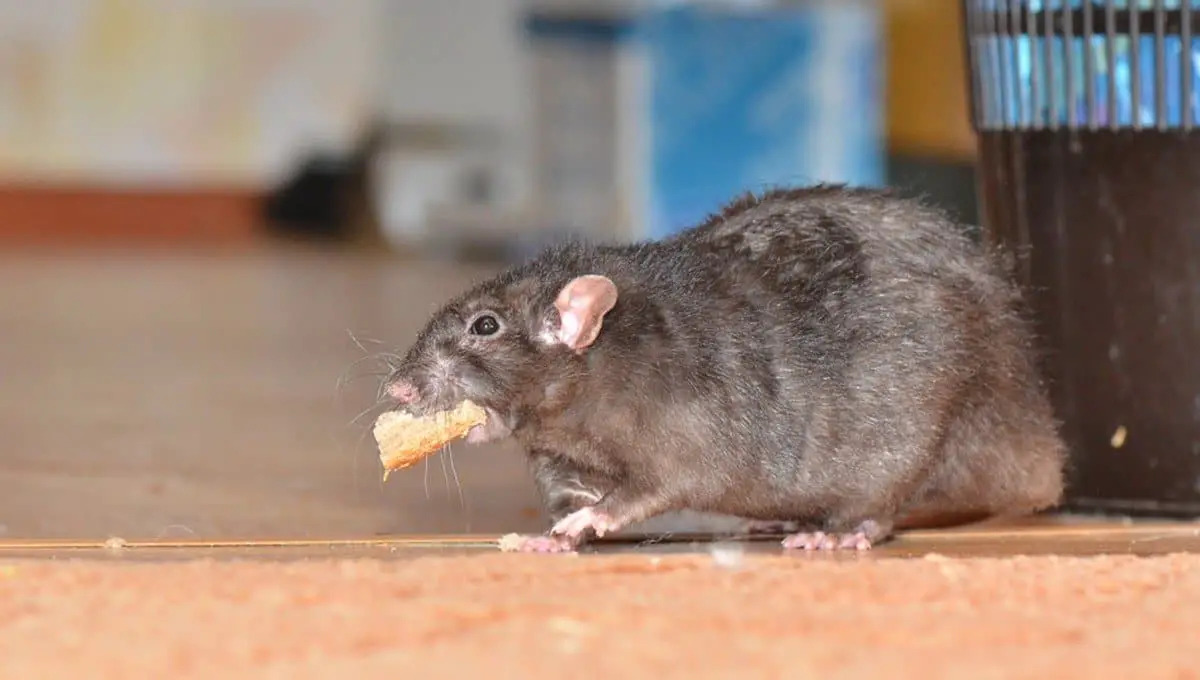
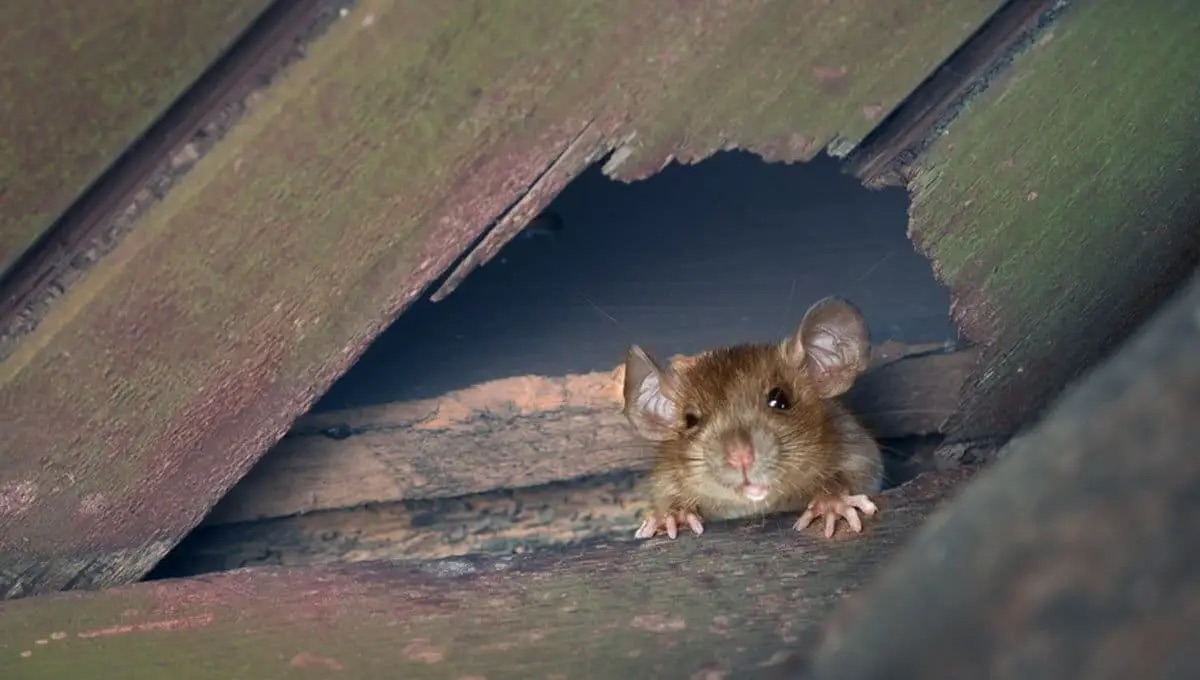

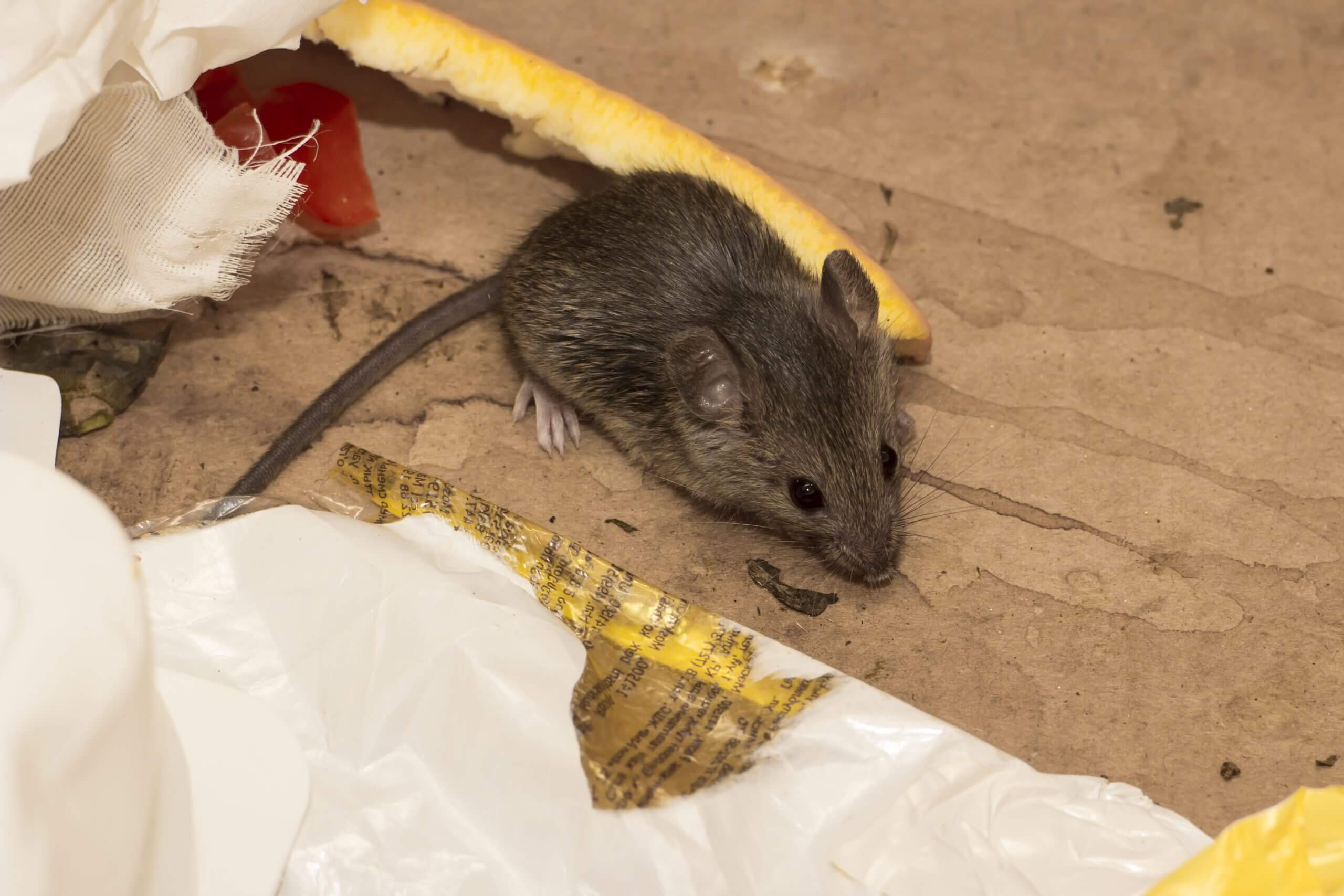
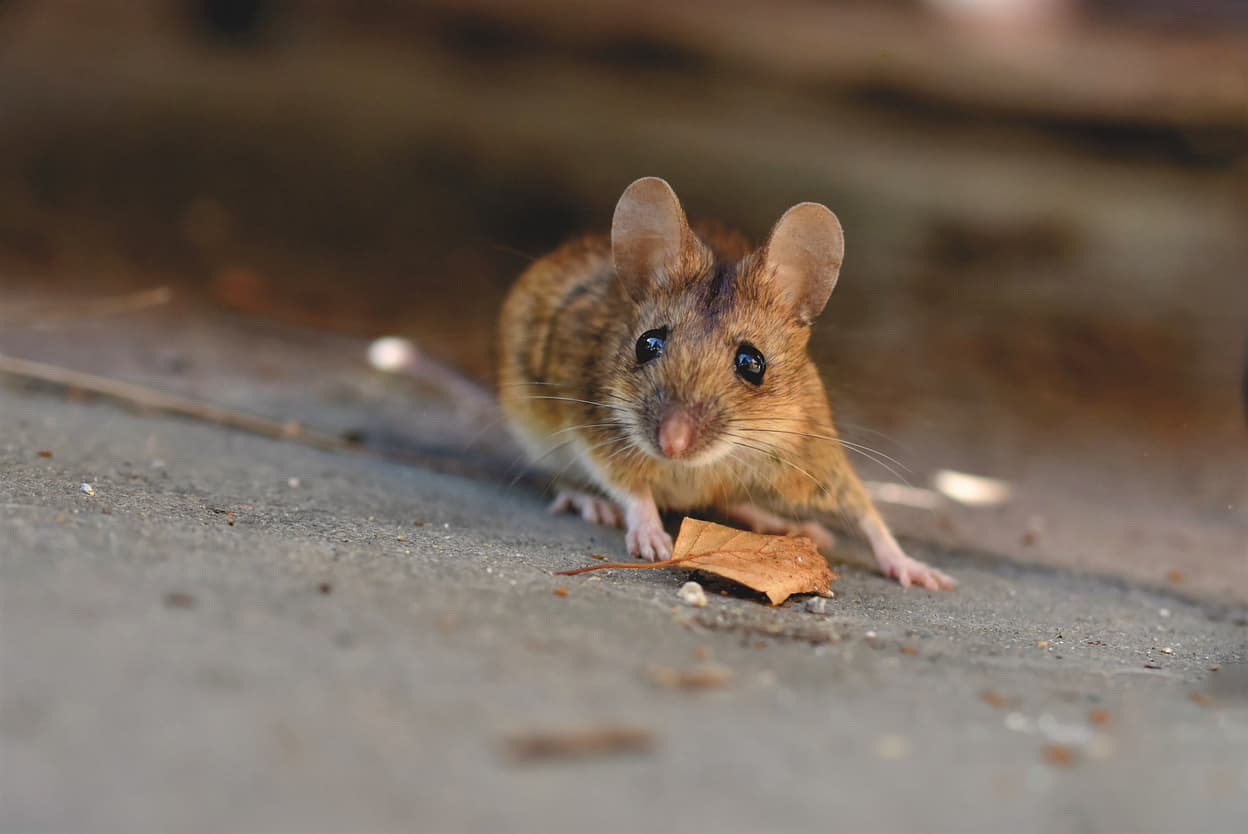
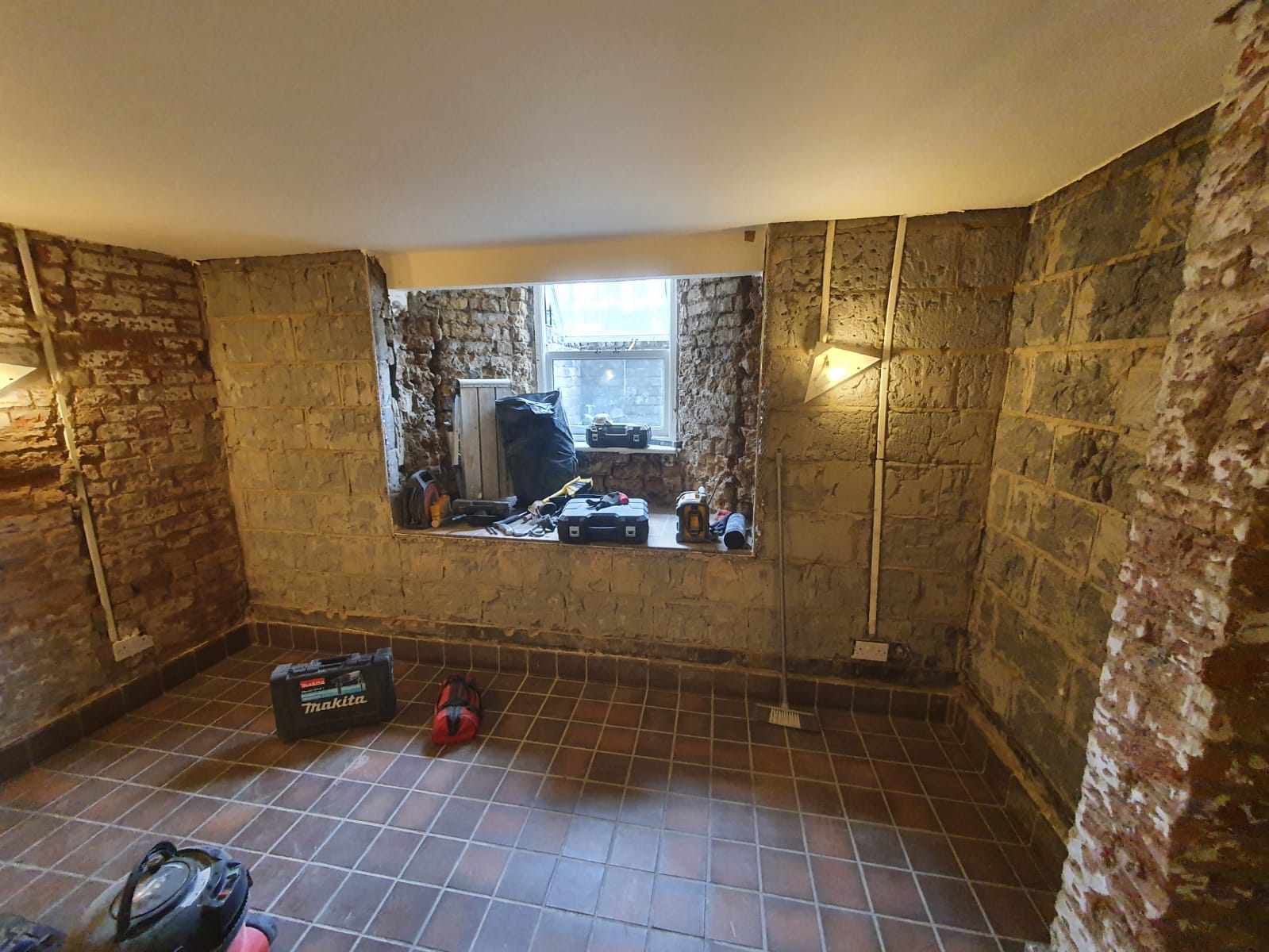
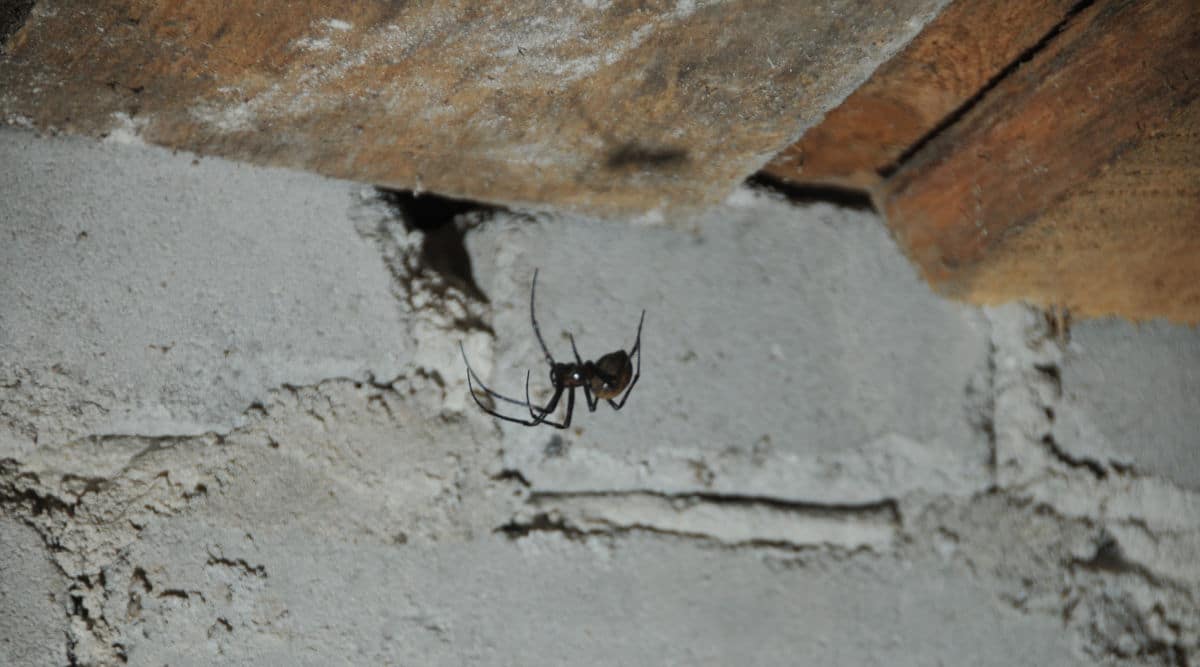
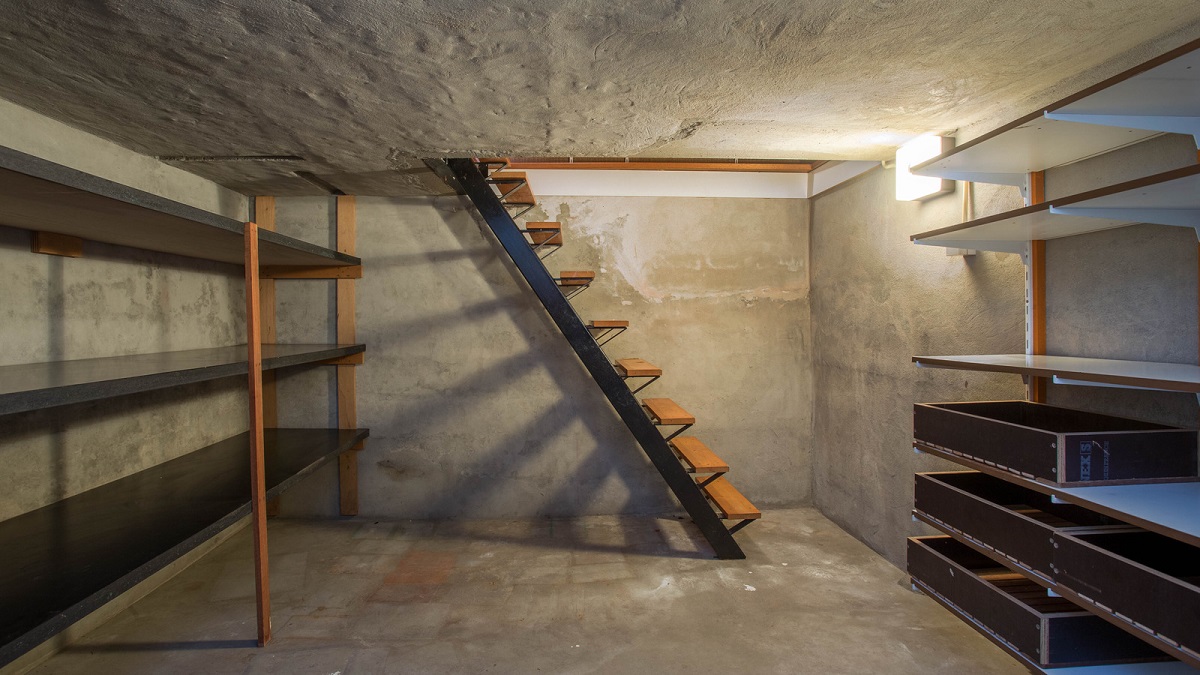
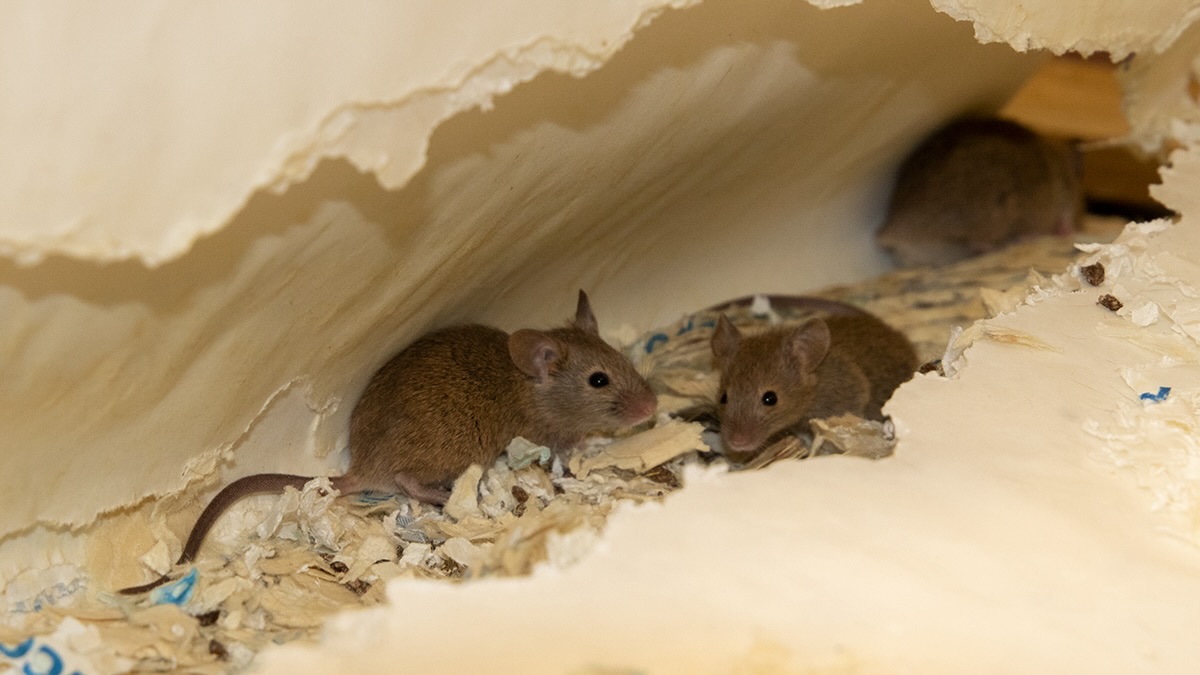
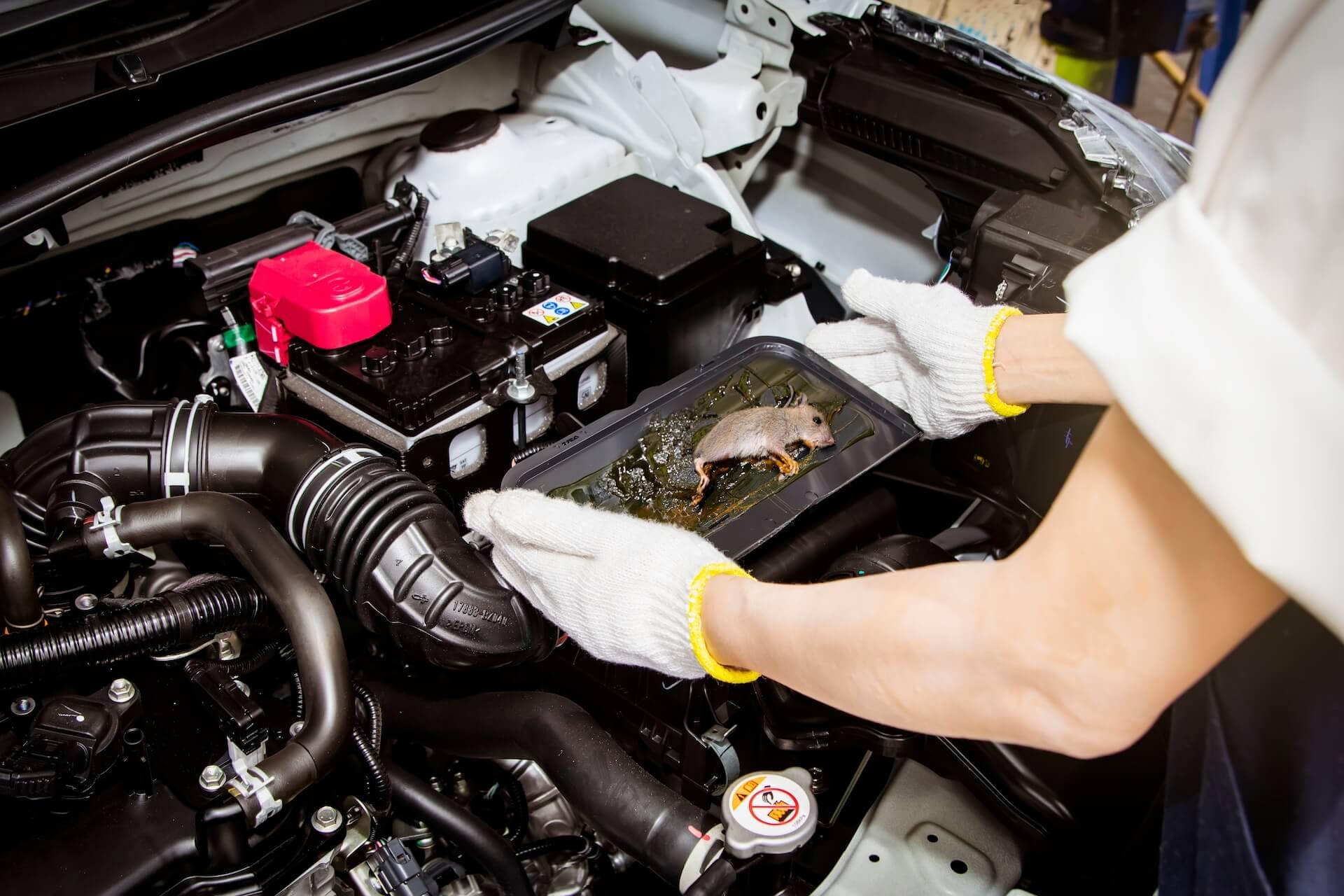

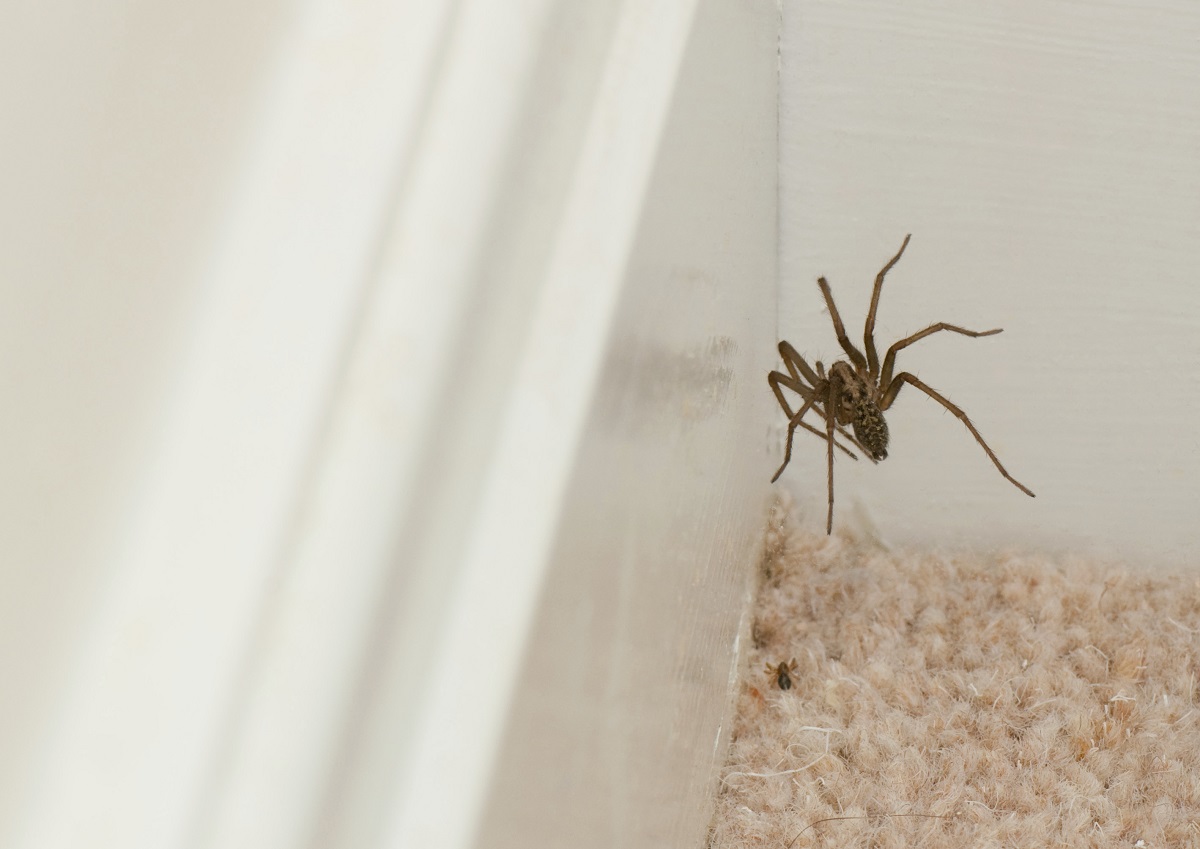
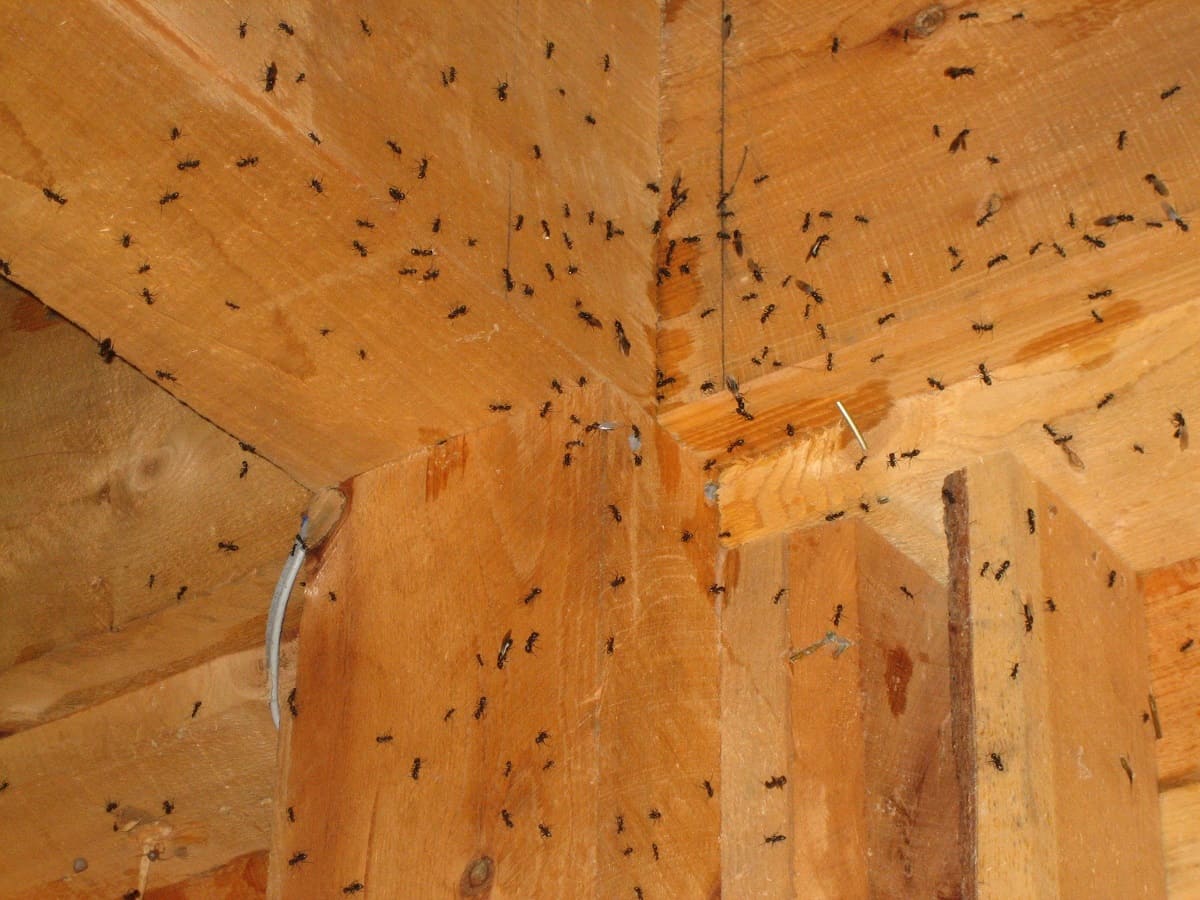
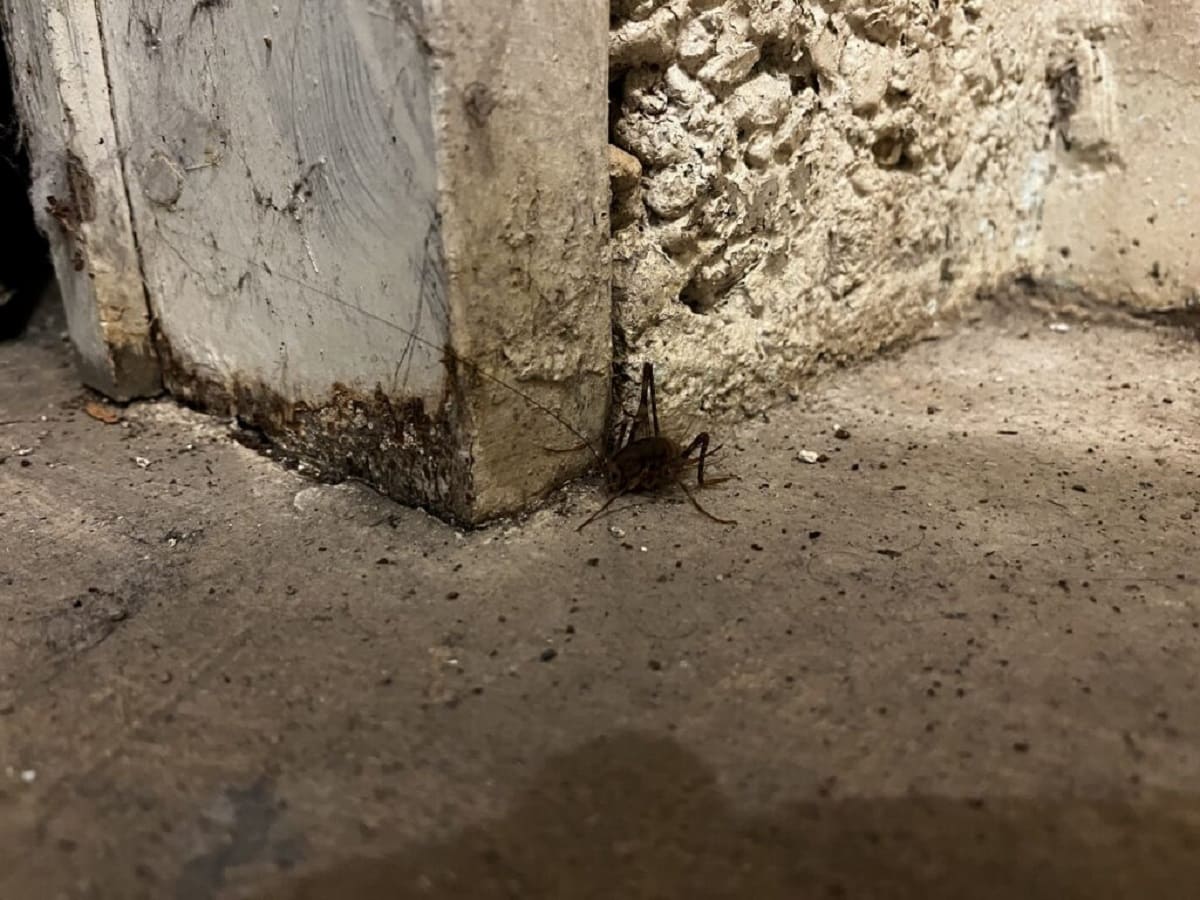

0 thoughts on “How Do Mice Get Into Basement”